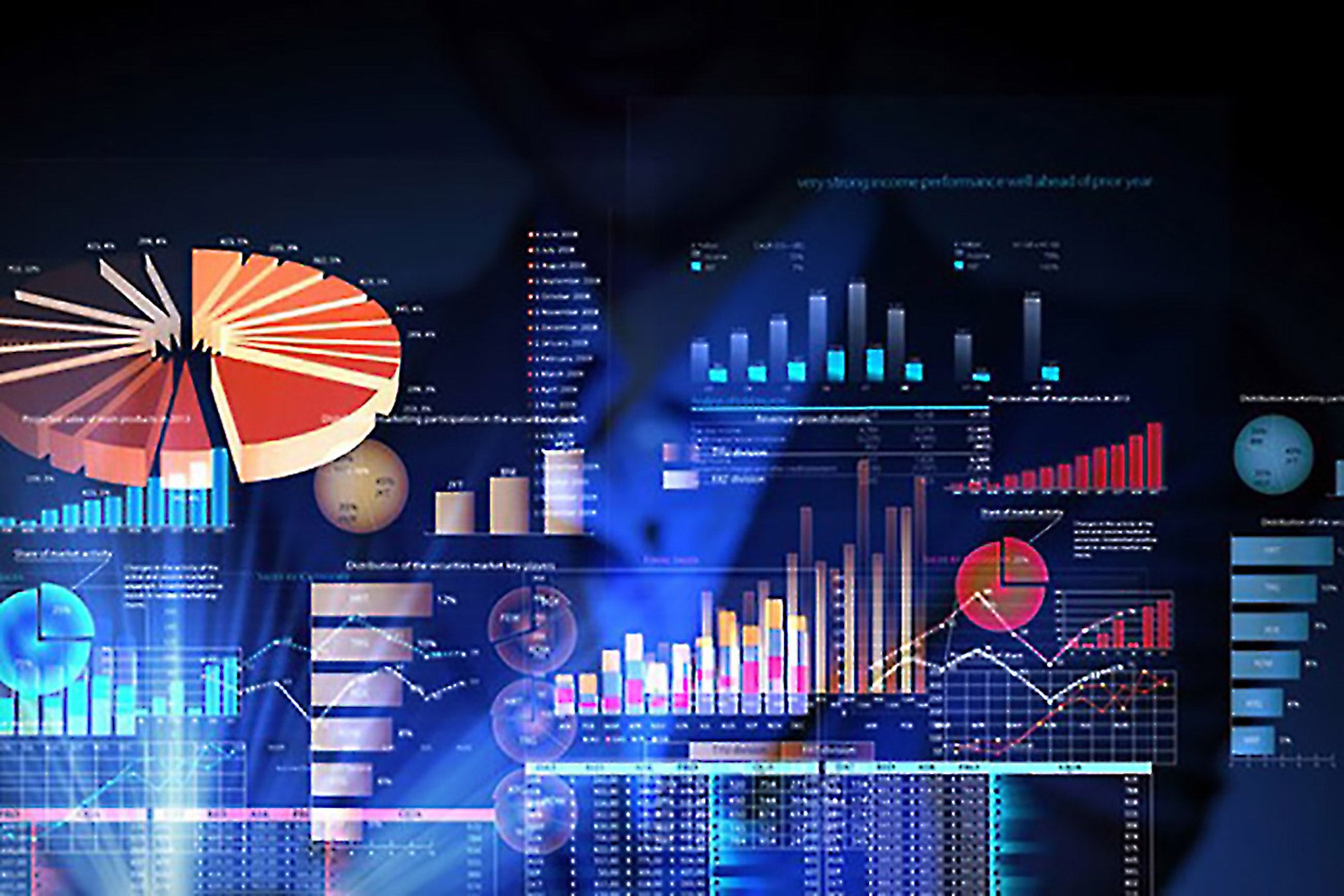Why 2025 Will Be a Breakthrough Year for MSMEs in India's Digital Revolution With the convergence of AI, cloud ecosystems, enhanced connectivity, and ethical data practices, 2025 represents a pivotal year for MSMEs in the digital sector. To remain competitive, MSMEs must embrace these technologies while fostering innovation and strategically aligning their operations with emerging trends.
Opinions expressed by Entrepreneur contributors are their own.
You're reading Entrepreneur India, an international franchise of Entrepreneur Media.

As we step into 2025, micro, small, and medium enterprises (MSMEs) in the digital sector face a rapidly evolving technological landscape that offers both challenges and unprecedented opportunities. Key industry leaders and technology experts share their perspectives on the emerging trends and innovations poised to shape the MSME ecosystem in the coming year.
"Privacy-centric marketing strategies will dominate in 2025, driven by stronger consumer interest in transparency," says Gautam Badalia, CEO of Route Mobile. He emphasizes the importance of adhering to regulations like the Digital Personal Data Protection (DPDP) Act to build trust.
"MSMEs must establish clear guidelines for data collection, including opt-in and opt-out mechanisms, to maintain customer trust," Badalia asserts. This shift necessitates a proactive approach to ethical data use, ensuring compliance with new regulations while leveraging customer insights effectively.
Generative AI and autonomous operations
Artificial Intelligence (AI) is the centerpiece of digital transformation in 2025. Saket Newaskar, director & head of transformation at Expleo, highlights the rise of autonomous enterprise models. "AI-driven tools such as chatbots, predictive analytics, and automated supply chain systems will enable MSMEs to streamline operations, enhance decision-making, and improve customer experiences," Newaskar explains.
Gautam Badalia adds, "Embedding Generative AI into your tech stack—beyond piecemeal integration—can unlock the potential of Gen AI, remove data silos and offer a superior experience. Customers will be more demanding and would expect more personalised engagement at lightning speed."
The adoption of Software-as-a-Service (SaaS) and Cloud technologies continues to accelerate. Akshay Garkel, partner at Grant Thornton Bharat, underscores the role of these platforms in driving scalability and efficiency for MSMEs.
"Leveraging SaaS solutions, AI-ML-driven chatbots, and cloud ecosystems can enhance customer engagement, streamline operations, and enable data-driven decision-making," Garkel says.
Dinesh Gulati, COO of IndiaMART InterMESH, believes that AI integration will be as transformative as the internet's rise. "Consumers will favour digital commerce ecosystems that deliver convenience and authentic, personalized experiences, driving a shift towards higher-quality, human-centric content & connections," he observes.
Compliance management
With over 600 compliance requirements for single-entity manufacturing businesses in India, the burden of regulatory adherence is significant. Rishi Agrawal, CEO and co-founder of Teamlease Regtech, stresses the need for digitized compliance systems.
"RegTech solutions offer customized checklists, real-time updates, and automated alerts. These technologies enable MSMEs to efficiently track and manage their obligations while adapting to changes introduced by regulatory updates," Agrawal explains.
The rollout of 5G promises transformative changes for MSMEs. Harpreet Singh, COO of Radiowalla Network Limited, highlights the opportunities arising from enhanced connectivity. "With the increased adoption of 5G in India, new opportunities are likely to emerge for MSMEs. Remote working possibilities would allow MSMEs to access talent pools from smaller towns as well," Singh notes.
Evolving digital ecosystems
Innovations in digital payments are reshaping commerce. "Buy Now Pay Later (BNPL) and cryptocurrency will gain traction as businesses integrate diverse payment solutions," Agrawal predicts. Such advancements demand secure transaction mechanisms and a willingness to adapt to evolving consumer preferences.
The rise of social and quick commerce (Q-commerce) presents new revenue streams for MSMEs. "AI-driven content generation will enable personalized shopping experiences at scale," Singh adds. This trend tailwinds with a growing reliance on digital influencers for product recommendations, as noted by Dinesh Gulati.
E-commerce platforms are increasingly incorporating augmented and virtual reality to enhance customer engagement. "Next-generation users expect intelligent features, and MSMEs must differentiate their products with AI, IoT, and immersive technologies," says Rajaneesh Kini, president & CTO of Cyient.
The competitive edge
Experts agree that agility and strategic investments are crucial for MSMEs to thrive. "Emerging hyperscaler platforms allow MSMEs to create high-end solutions without incurring massive upfront costs," explains Rajaneesh.
Garkel advises, "Proactive skill development and partnerships with vendors will position MSMEs to capitalize on transformative trends."
A call to action in 2025
With the convergence of AI, cloud ecosystems, enhanced connectivity, and ethical data practices, 2025 represents a pivotal year for MSMEs in the digital sector.
To remain competitive, MSMEs must embrace these technologies while fostering innovation and strategically aligning their operations with emerging trends.












